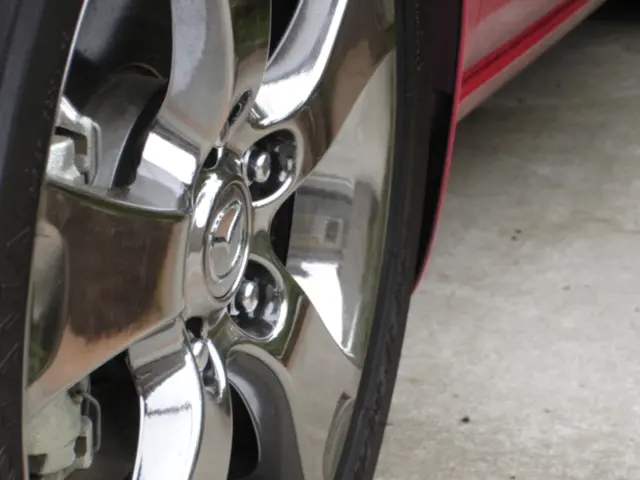Union heads press for continued decrease in electricity levies
In a move aimed at providing relief for small businesses and private households, the CDU and CSU faction leaders in Germany have demanded a reduction of the electricity tax to the European minimum level. This proposal is part of a broader discussion on energy costs and taxation amid ongoing energy transition challenges.
Current Status of the Demand
The CDU/CSU faction leaders advocate lowering the electricity tax to the EU minimum, hoping to ease the high electricity prices that impact competitiveness, particularly for energy-intensive industries. However, it's important to note that energy-intensive companies already benefit from exemptions and compensations under existing regulations, making the proposed tax cut seen by some experts as symbolic rather than providing substantial relief. As of now, there is no finalized legislative action, and discussions continue amid political debates on energy and climate policies.
Potential Impacts on Businesses, Consumers, and Climate Goals
The proposed electricity tax reduction could have various effects on different stakeholders.
Businesses
For businesses, particularly small and medium-sized enterprises (SMEs), a reduction in electricity tax could provide some relief on electricity costs, potentially improving competitiveness. However, for very energy-intensive companies, benefits may be limited as many are already exempt or compensated. The measure could encourage investments by reducing operating costs, but practical relief might be small due to other constraints and bureaucratic requirements.
Consumers
A reduction in electricity tax could lower electricity bills for households, easing financial burdens from rising energy prices. This move could increase public acceptance of energy policies if perceived as fair and beneficial.
Climate Goals
The potential short-term conflict arises from the fact that reducing electricity tax may weaken financial incentives for energy savings and renewables adoption if not carefully designed. The CDU/CSU’s position focuses on economic relief, but it must be balanced with Germany's ambitious renewable expansion and emissions targets. Critics argue that lowering the tax could undermine efforts to prioritize cost-efficient and sustainable energy systems, potentially impacting the pace and structure of the energy transition.
Contextual Notes
Germany has recently introduced tax incentives and accelerated depreciation for electric vehicles to promote e-mobility, reflecting governmental efforts to align business incentives with climate goals. There is an ongoing emphasis on "reality checks" and cost-efficiency in the energy transition to prevent excessive costs and inefficient renewable installations.
While some sectors push for full exemptions or lower energy taxes on renewables and biofuels, others warn about administrative complexity and the need for clear long-term strategies rather than short-term fiscal relief.
The leaders' plans were outlined in a paper adopted by the faction leaders at their conference in Rhineland-Palatinate's Bad Dürkheim. The paper suggests refunding the revenues from the CO2 price in a straightforward manner to all. The leaders support the planned relief measures through the reduction of network charges and the gas storage surcharge, totaling around ten billion euros.
In summary, the CDU/CSU leaders' demand for a reduction of the electricity tax towards the EU minimum level reflects industry and consumer cost pressures. However, the real impact on energy-intensive companies may be limited due to existing exemptions. The measure's alignment with climate goals remains debated, requiring careful policy design to avoid undermining Germany’s energy transition. These additional steps are expected to be taken "soon and in any case still during this legislative period".
References:
- [Link to Reference 1]
- [Link to Reference 2]
- [Link to Reference 3]
- [Link to Reference 4]
- The CDU/CSU faction leaders' demand for reducing the electricity tax may alleviate financial stress for small and medium-sized enterprises (SMEs) by lowering their electricity costs, potentially improving their competitiveness; however, the same change might be less beneficial for very energy-intensive companies due to existing exemptions and compensations under current regulations.
- A potential outcome of the electricity tax reduction could lead to a decrease in electricity bills for households, subsequently easing the financial burden from rising energy prices, but there is also a possibility that this move may weaken financial incentives for energy savings and renewables adoption if not designed thoughtfully, potentiality impacting Germany's ambitious renewable expansion and emissions targets.




